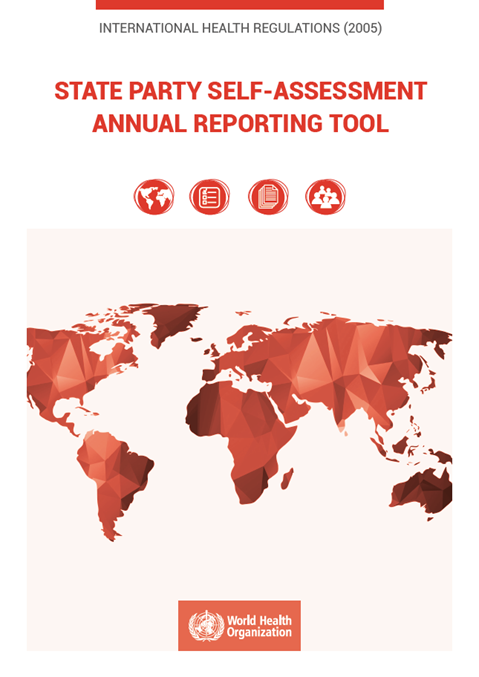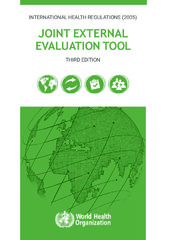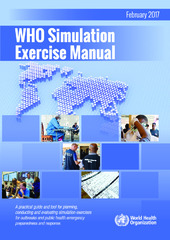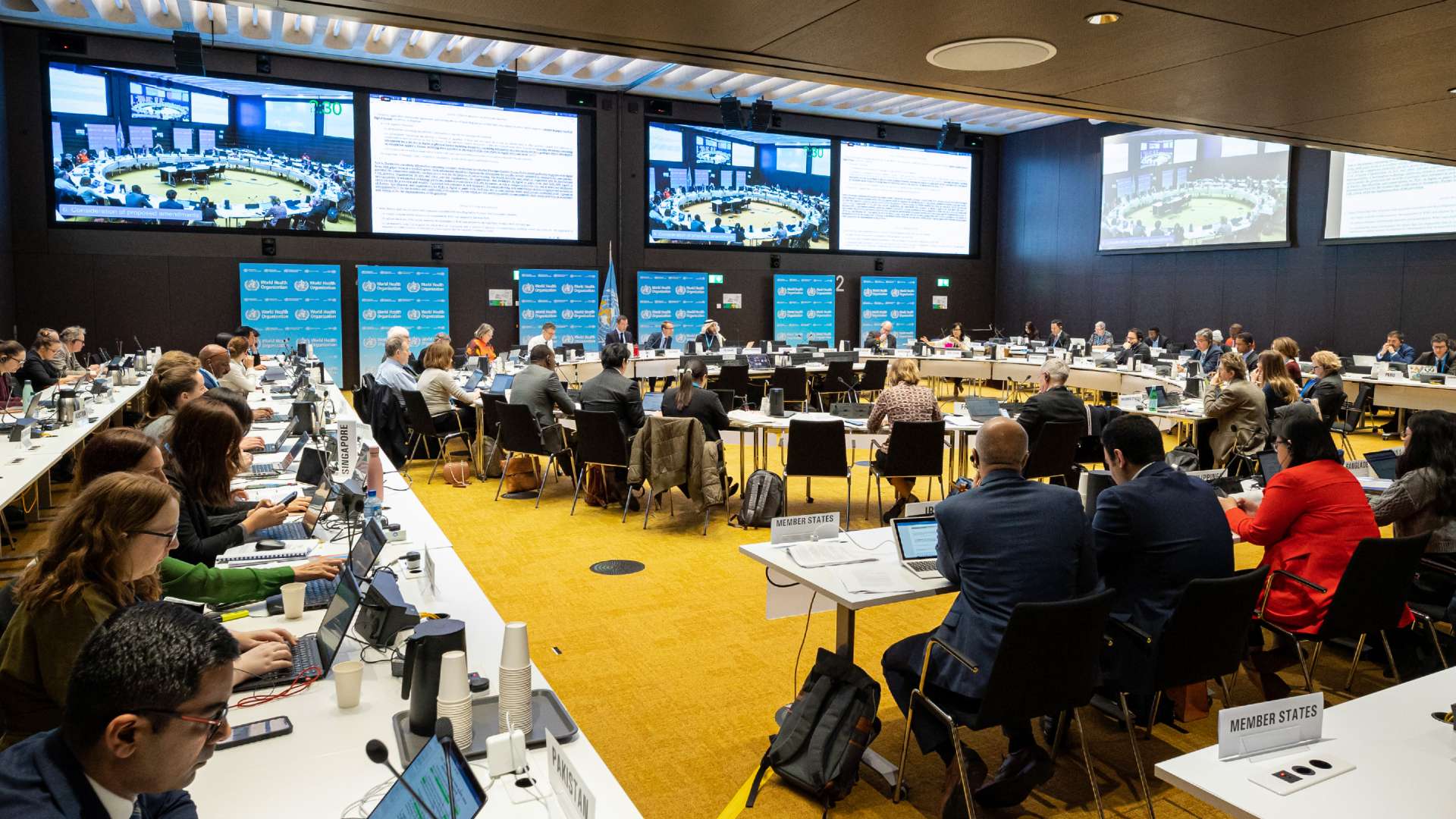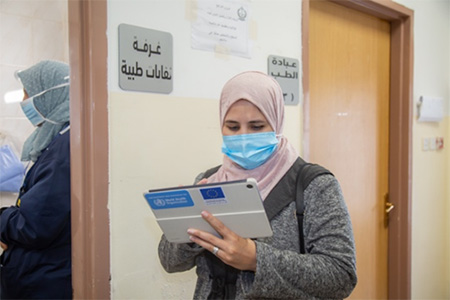
Disease outbreaks and other serious public health threats are often unpredictable and demand varied responses. The International Health Regulations (IHR) (2005) is a comprehensive legal framework that sets out countries’ rights and obligations in managing public health events and emergencies with the potential to cross borders.
IHR is a legally binding instrument of international law that applies to 196 countries, including all 194 WHO Member States. The origins of IHR date back to its critical role in the response to the deadly epidemics that had once hit Europe.
Embedded in IHR are countries’ rights and obligations – not least mandatory public health event reporting. IHR specifies the criteria to assess whether an event is a “public health emergency of international concern”.
IHR requires countries to appoint a national IHR focal point to interact with WHO, and to set up and maintain fundamental surveillance and response capacities, including at points of entry. Other provisions relate to international travel and transport matters, such as the health documents needed to travel between countries.
IHR also contains crucial safeguards to uphold the rights of travellers and others. These concern personal data handling and the need to get informed consent and prevent discrimination when applying health measures under IHR.
Implementing IHR
The obligation to implement IHR falls on all countries committed to the Regulations, and also on WHO. This means that all parts of government – including sectors, ministries, officials and personnel – are tasked with rolling out IHR at the national level. In this process, WHO steps in to guide the coordination of IHR implementation and collaborates with partners to help countries strengthen their capabilities.
IHR requires that each country is ready to do as follows.
Detect: Ensure their surveillance systems possess the capacity to promptly identify acute public health events.
Assess and report: Use the decision-making tool in Annex 2 of IHR to evaluate public health events, and through their national IHR focal point, report to WHO any events that may constitute a public health emergency of international concern.
Respond: Swiftly respond to public health risks and emergency situations.
The overall aim of each country’s implementation is to limit the spread of health risks to nearby countries and prevent unnecessary restrictions on travel and trade.
WHO creates and provides resources such as tools, guidance and training to support countries to strengthen and maintain their capacities to detect, verify and respond swiftly to public health threats.
WHO’s role in IHR implementation
WHO’s support focuses on the priority needs that will enable each country to live up to its IHR responsibilities. These are identified by the WHO Regional Office for the Eastern Mediterranean and the relevant WHO country office.
Key aspects of this WHO support include efforts to:
establish WHO IHR contact points at either WHO headquarters or regional level;
implement global surveillance for public health and evaluate major public health events;
share public health information with countries;
provide countries with technical support;
help countries assess their current national public health structures and capabilities for surveillance and response, including at specified points of entry;
monitor IHR implementation and update guidelines as necessary;
determine, when needed, if a specific event can be classified as a public health emergency of international concern, using insights from external experts; and
where a public health emergency of international concern is declared, develop and recommend the essential health measures for countries to adopt during the emergency.
Other support provided by WHO includes the following tools to assist countries.
IHR State Party Self-Assessment Annual Report (SPAR): We guide countries in using SPAR to track their strengths, weaknesses and progress in their public health capacities over time.
Joint external evaluation: We provide countries with a comprehensive assessment of their preparedness and response capacity through a team of external and internal experts.
After action review: We examine the effectiveness of a country’s response to a specific event, drawing valuable lessons that can help enhance future responses.
Simulation exercises: We help countries conduct practical exercises to test their response capacity in controlled environments.
Publications
Multimedia
News
Related resources
Electronic IHR States Parties Self-Assessment Annual Reporting Tool (e-SPAR)
International Health Regulations: WHO headquarters
Supporting national implementation of International Health Regulations



